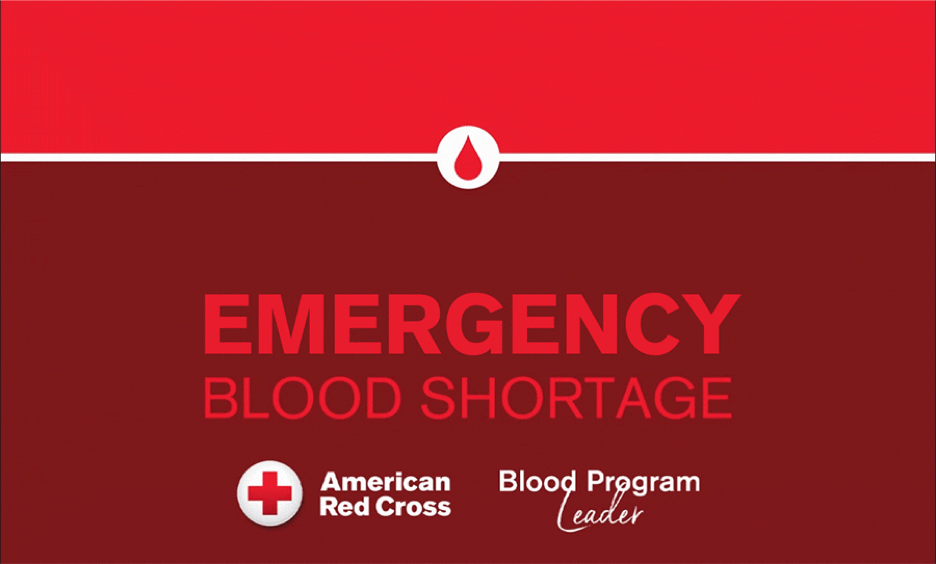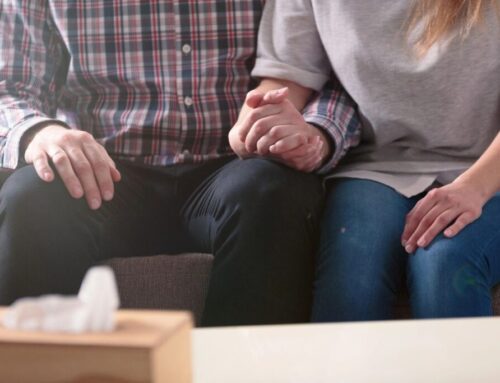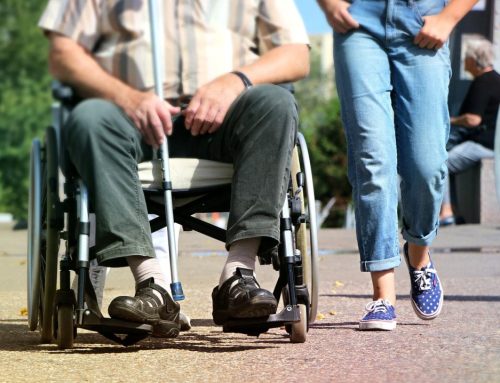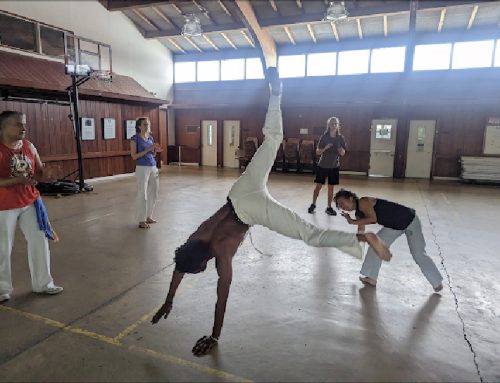 How to Handle Your Coronavirus Anxiety
How to Handle Your Coronavirus Anxiety
The past week has made clear how serious the escalating coronavirus pandemic is for many people in the United States. Schools and workplaces across the country closed, major events were canceled, and testing delays made it impossible to confirm how many people were infected. The stock market had its biggest decline in decades, Sarah Palin rapped to “Baby Got Back” dressed in a bear suit—it feels like the world is unraveling. There is so much going on, and so much uncertainty, it is all too easy to get trapped watching cable news or scrolling through Twitter all day.
If all this news is making you feel stressed, you’re far from alone. Many people are sharing their worries online; there’s a whole subreddit devoted to coping with these feelings. Experts say overloading on information about events like the coronavirus outbreak can make you particularly anxious, especially if you’re stuck inside with little to do but keep scrolling on Twitter and Facebook. But you can take steps to mitigate the amount of stress you feel, while still keeping you and your family safe. Reducing anxiety won’t only make this difficult time more bearable, it will help keep you physically healthy and your immune system strong.
Why the Coronavirus Is Uniquely Stressful
“All of our attention is being focused on the threatening aspects of the situation,” says Ethan Kross, a professor of psychology at the University of Michigan, where he runs a lab studying emotion and self-control “We’re zoomed in on the potential threat.” Headlines are dominated by places where the pandemic is currently hitting the hardest, like Italy and Washington state. Health authorities are cautioning about the dangers of once mundane activities, like gathering in large groups or shaking hands. As the US rolls out more testing, the number of confirmed Covid-19 cases is inevitably going to increase.
The safety measures people are taking may be more immediate and visible, too, whether it’s public places looking less crowded or long lines outside of stores as people stock up on food. “That probably increased the perception that this is something dangerous,” says Thomas Rodebaugh, a clinical psychologist focused on anxiety disorders and the director of clinical training at Washington University in St. Louis. Even though most precautions in the US are being taken out of an abundance of caution, they can cause you to feel like everyone is panicking. “We are motivated to pay attention to what other people are doing,” he says.
To make matters worse, you don’t have much control over the situation, which often makes people anxious, says Anu Asnaani, a clinical psychologist at the University of Utah specializing in fear-based disorders. No one knows when the pandemic will be over or when things will be back to normal, which can be maddening. “Control and certainty are at the core, from an evolutionary standpoint, of what has kept our species alive,” she says. “When we are uncertain, we take precautions to make sure we aren’t killed or we don’t die.”
It can feel like everyone is trying to scare you, which, in some ways, they are. The intention is to motivate people to take actions that will keep them safe, but a side effect is that you may feel an overwhelming amount of anxiety that ceases to be helpful.
Tips to Reduce Your Anxiety
First, if you know you struggle with overcoming anxiety, this is a great time to reach out to a mental health professional, even if you can’t meet with them in person. “A lot of therapists are doing telehealth and phone sessions,” says Asnaani. If you’ve seen a therapist or counselor before, even if it was a while ago, she adds, “consider reaching back out to an old therapist and proactively keeping up with your mental health care.”
On your own, Kross says it may be helpful to reframe the coronavirus outbreak by using a tactic called temporal distancing, or focusing your attention on a longer timescale. For example, imagine how you might look back on these events in a year, or even a few years from now. “Those kinds of perspective-broadening tools can really relieve emotions,” he says. You can also try putting the outbreak in historical context. “We have experienced these kinds of things as a society before, we have gotten through them.” (But don’t immediately jump to comparisons with the Spanish flu.)
Another step is to limit how much information you consume about the coronavirus outbreak. Try to find a balance between being informed enough to make decisions about your life, but not so overloaded with information that it becomes stressful. Pick a handful of sources you know you can trust, like the Centers for Disease Control and Prevention. If you have a local newspaper, it might also be a good source for what’s happening in your community. National news outlets like The New York Times have daily coronavirus newsletters you can sign up for. “Even for me as a psychologist, I’m going to check in once a day in the morning,” says Asnaani. “What’s happening today and what are the guidelines? That’s it, I’m going to shut off from any Covid-19 media.”
While social media can sometimes be helpful, sites like Facebook and Twitter also place us into filter bubbles, often amplify the most extreme voices, and are fervent breeding grounds for conspiracy theories and misinformation. If you find yourself growing more anxious reading them, put down your phone or step away from your computer. (And if that seems impossible, consider using tools that manage your screen time.)
Do Something Else
Now that you’ve shut down your phone and turned off the news, it’s a good time for stress-reducing activities. It isn’t a bad idea to try out meditation, says Rodebaugh, but there’s also no need to reinvent the wheel if you already have an anxiety-busting method that works. “When you’re feeling kind of overwhelmed, it’s a lot easier to use a coping strategy you’ve practiced a lot then to come up with a new one,” he says. Asnaani suggests to look for things that are future-oriented and pleasurable. Now is a good opportunity to do tasks around the house you have put off and would feel happy to have accomplished, for example. Other ideas include cooking or baking, following an exercise or video on YouTube, and journaling.
As more people stay home and take other precautions to avoid spreading the disease, that isolation can be its own source of stress. So can worries about family and friends, especially those who may be at higher risk for serious illness. But there are still plenty of things people can do for one another, even from a distance—and that can improve mental health for everyone involved. “Think about pro-social things you can do for them that distinctly goes against that anxiety voice,” says Asnaani, like making a photo album for grandma, playing an online game with your dad, or reading the same book as your aunt and agreeing to discuss it together.
The ultimate goal is to find a way to mitigate your stress, while still keeping up to date on information that will keep you and your family safe. “We want to maintain the gravity of the situation,” says Kross. “But we don’t, to use a very technical term, need to freak out when doing it. We can remain cognizant of the big picture.”





